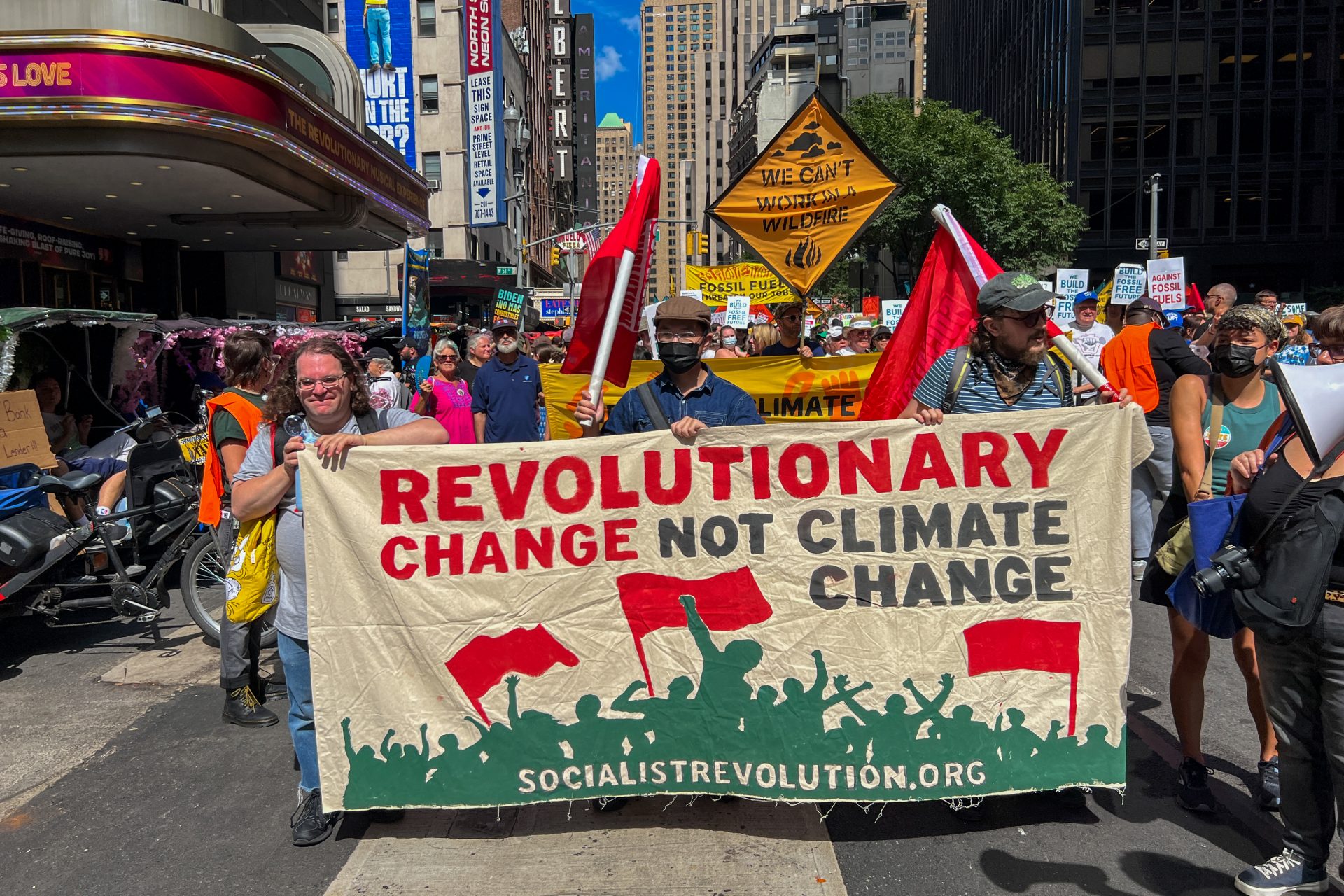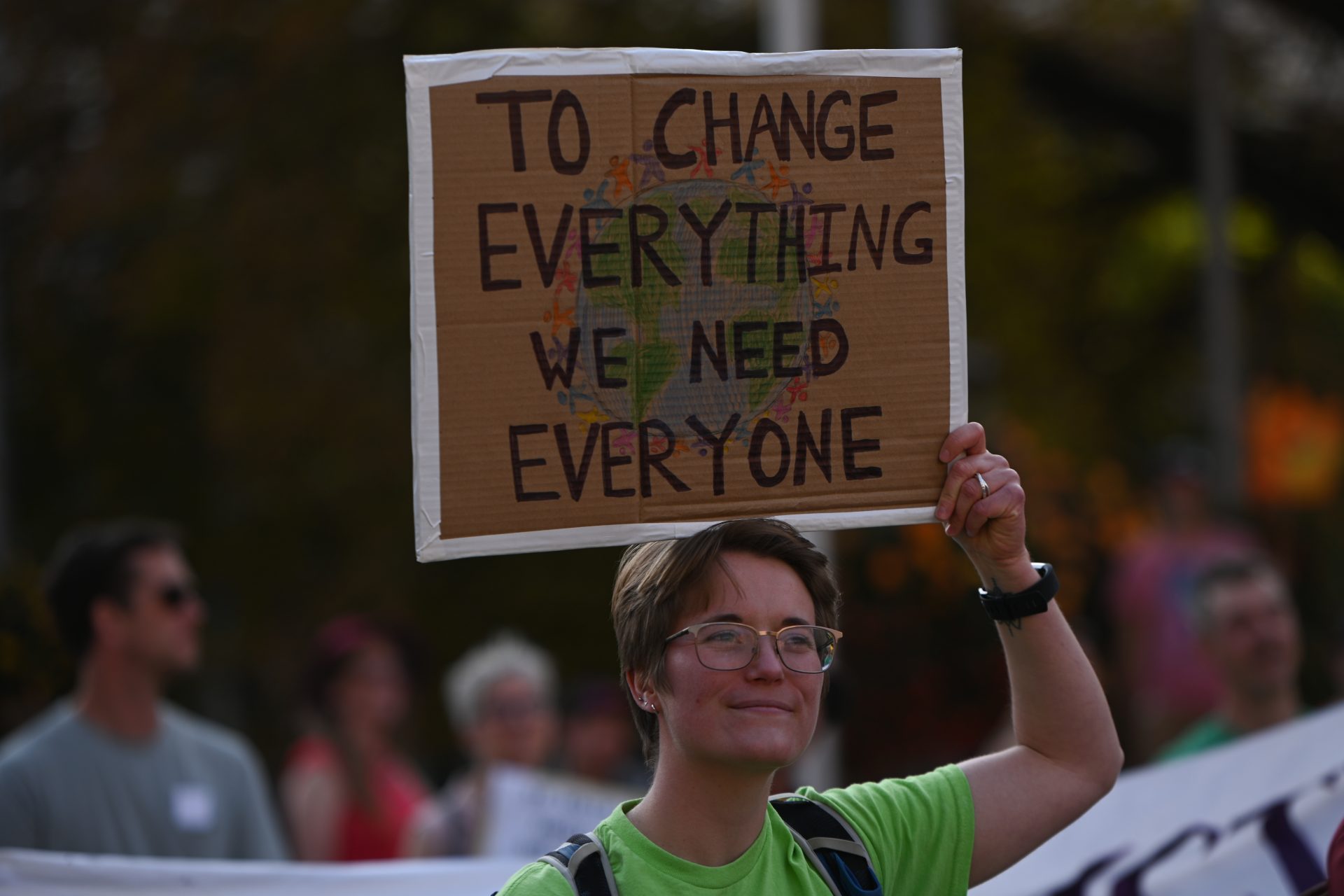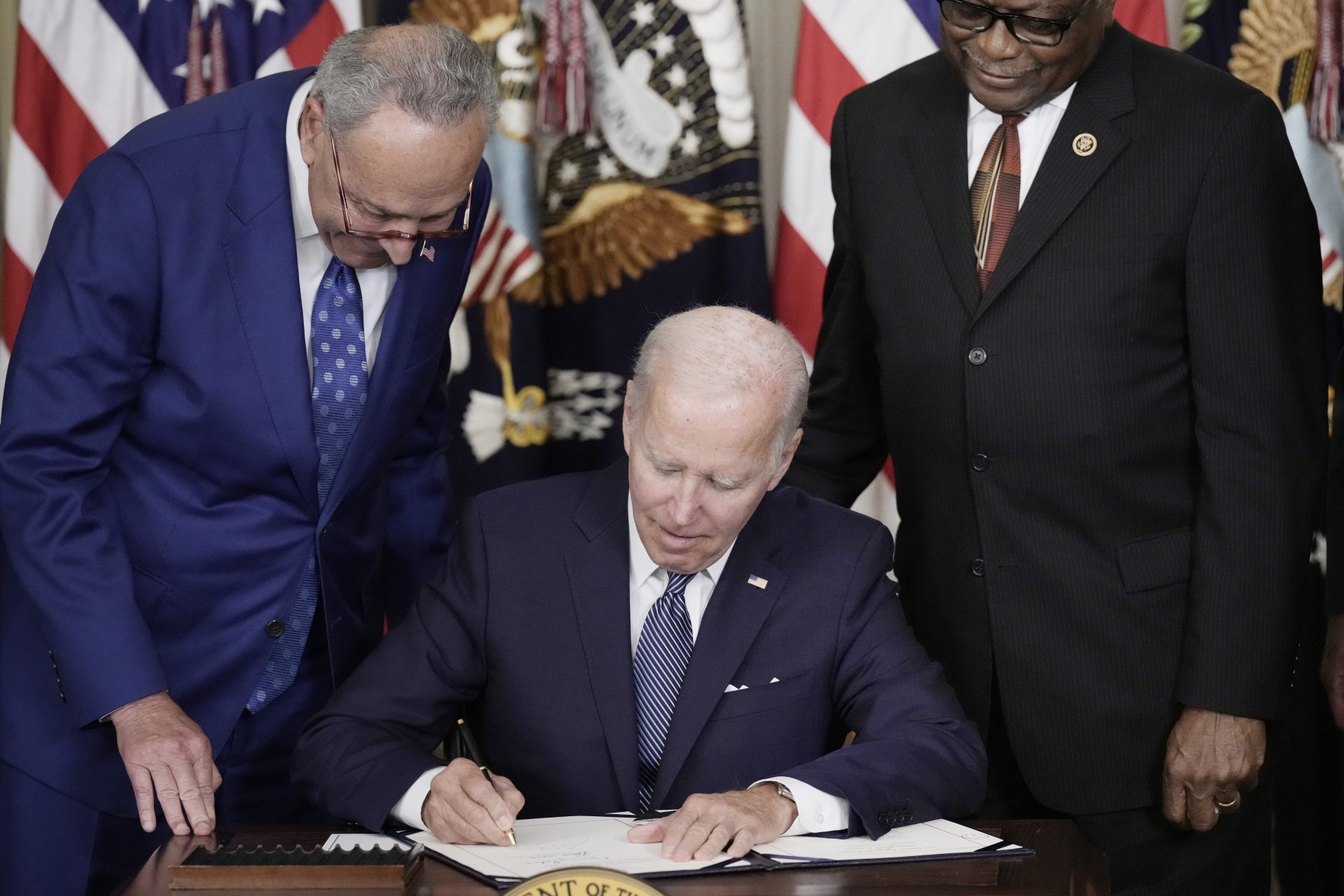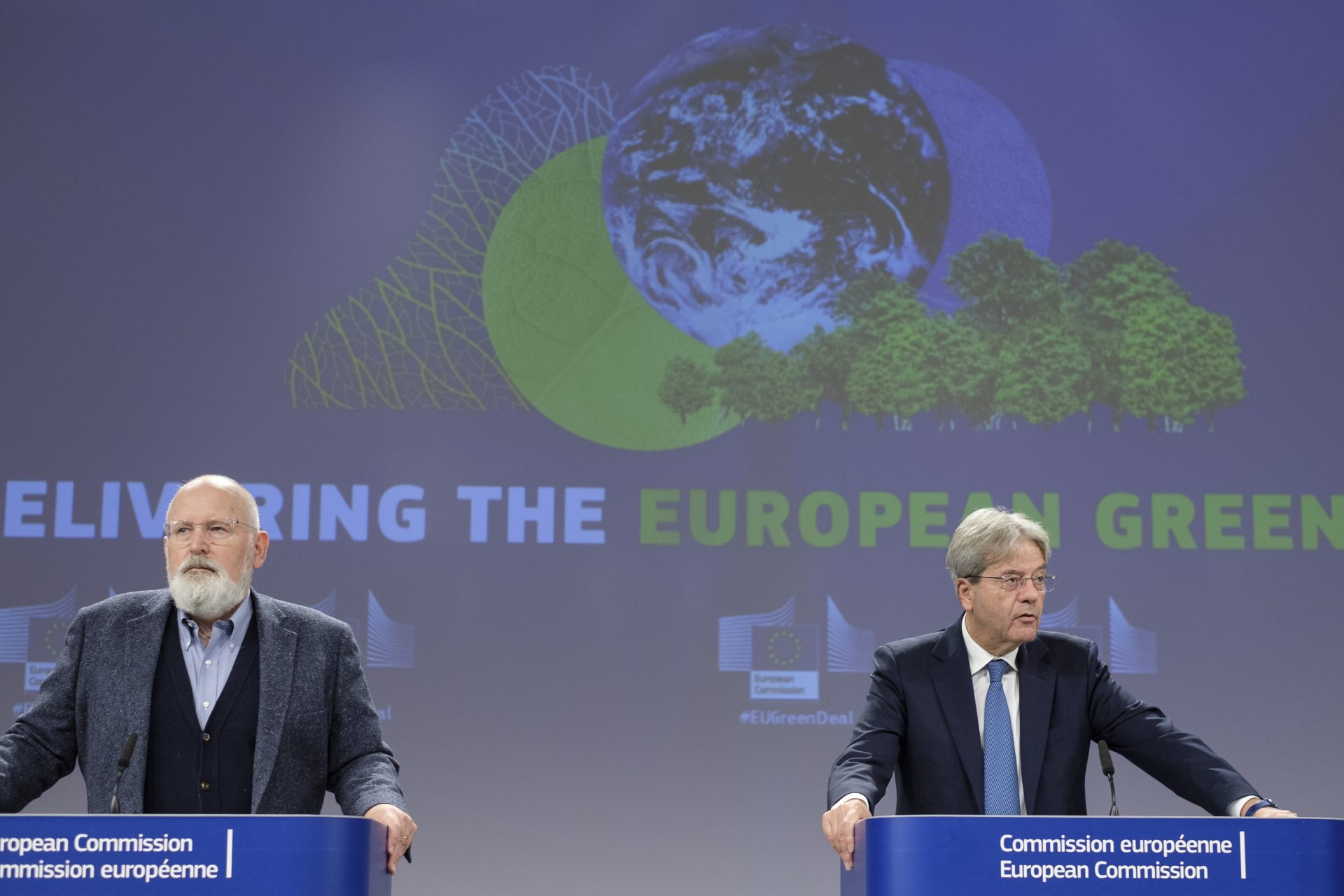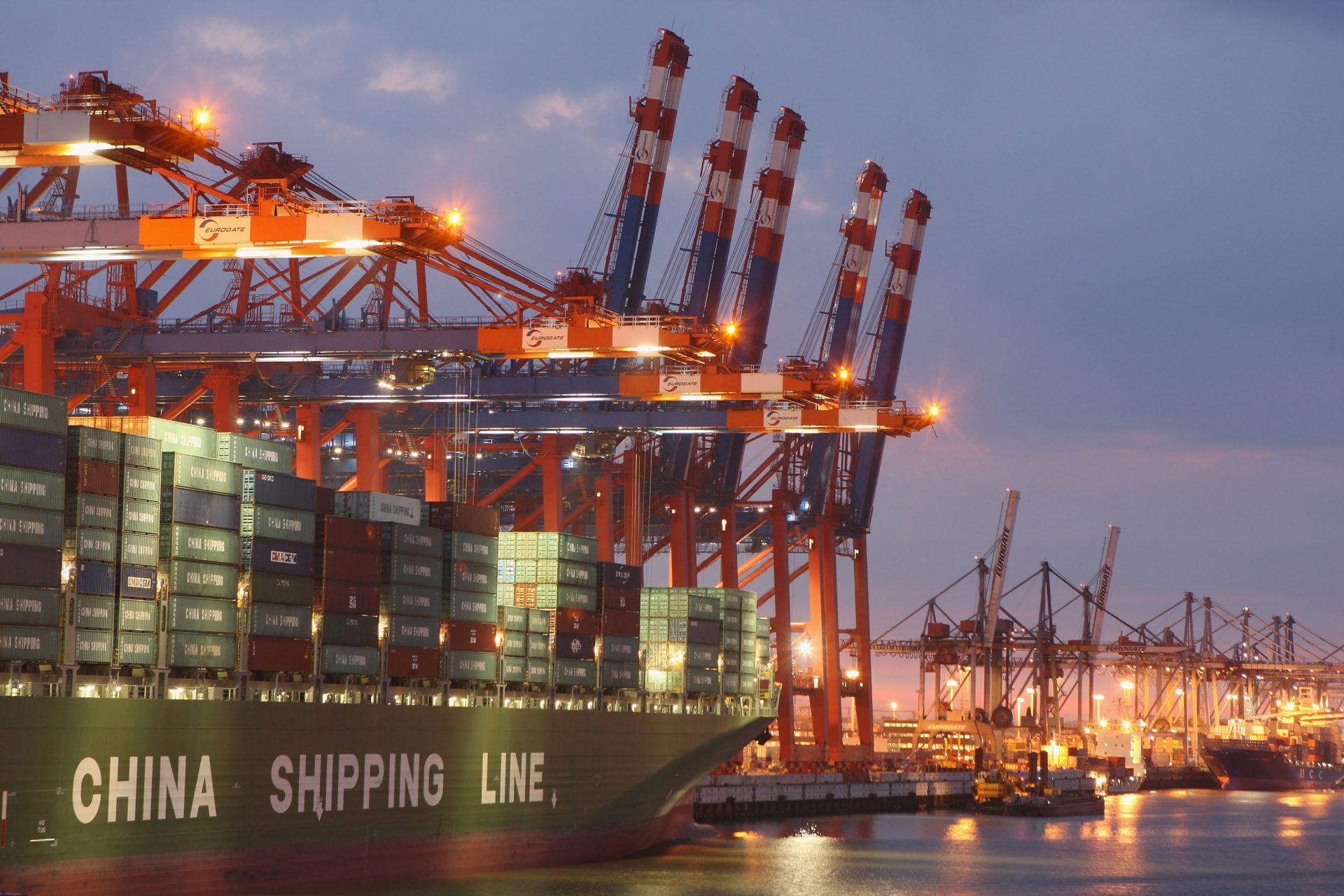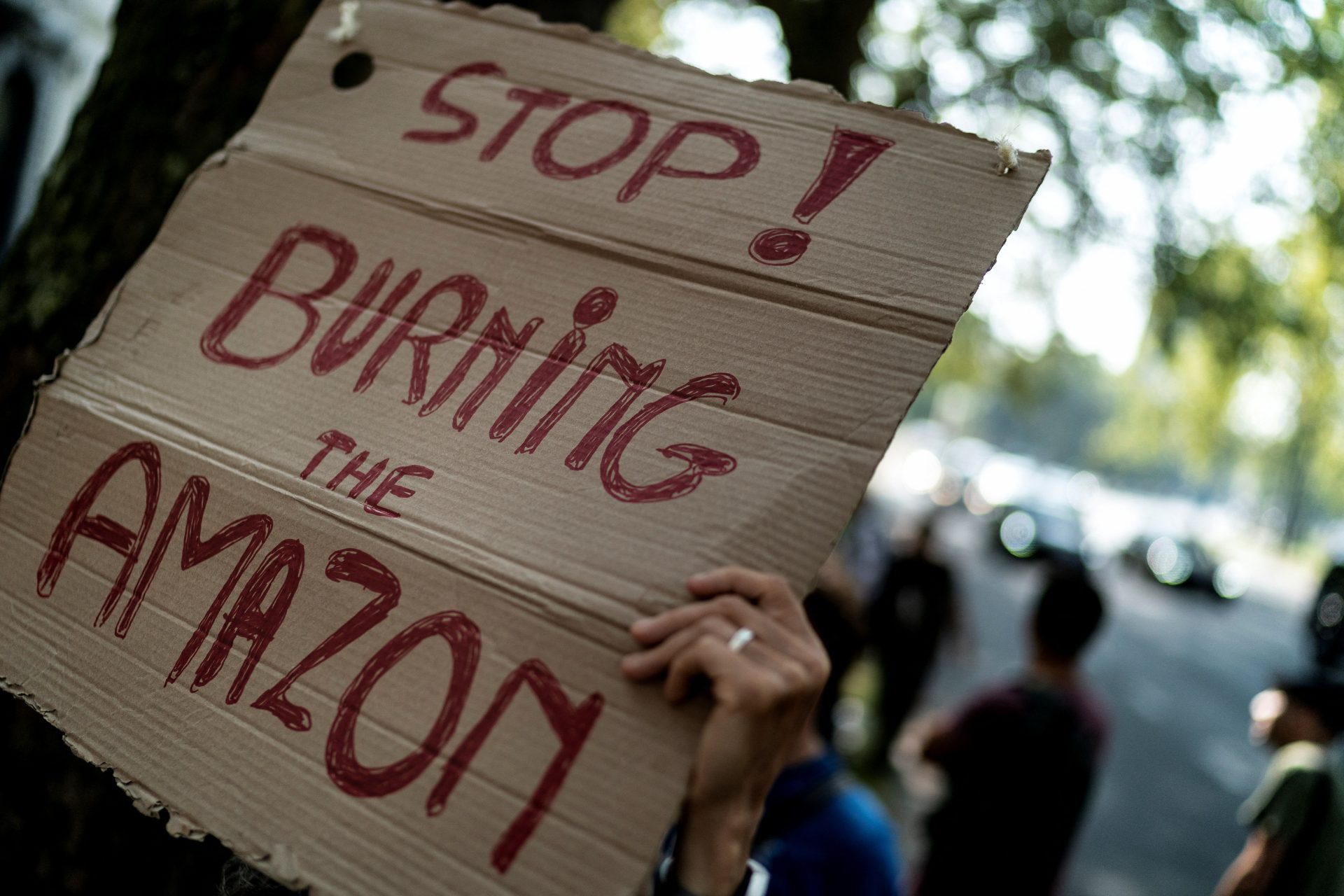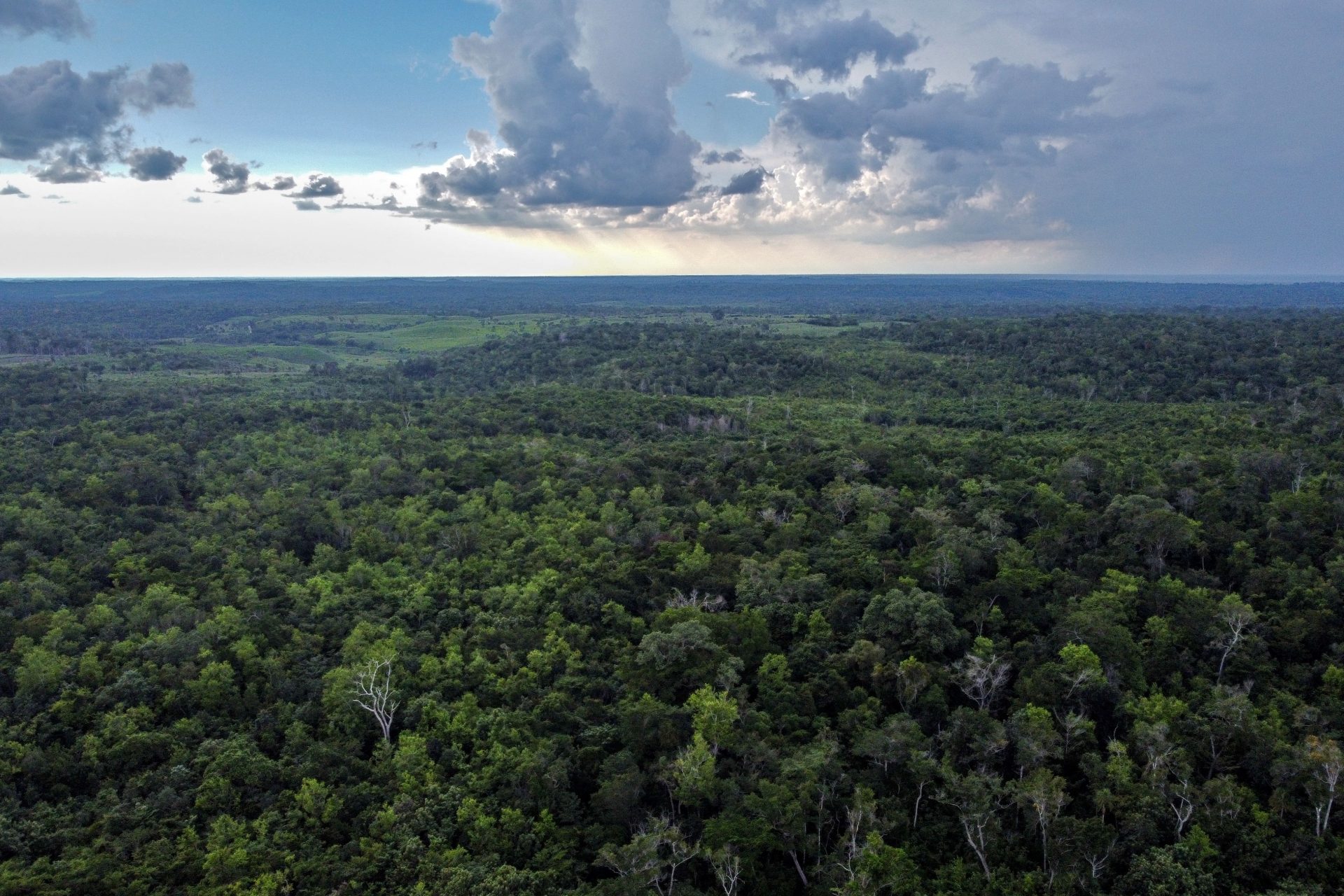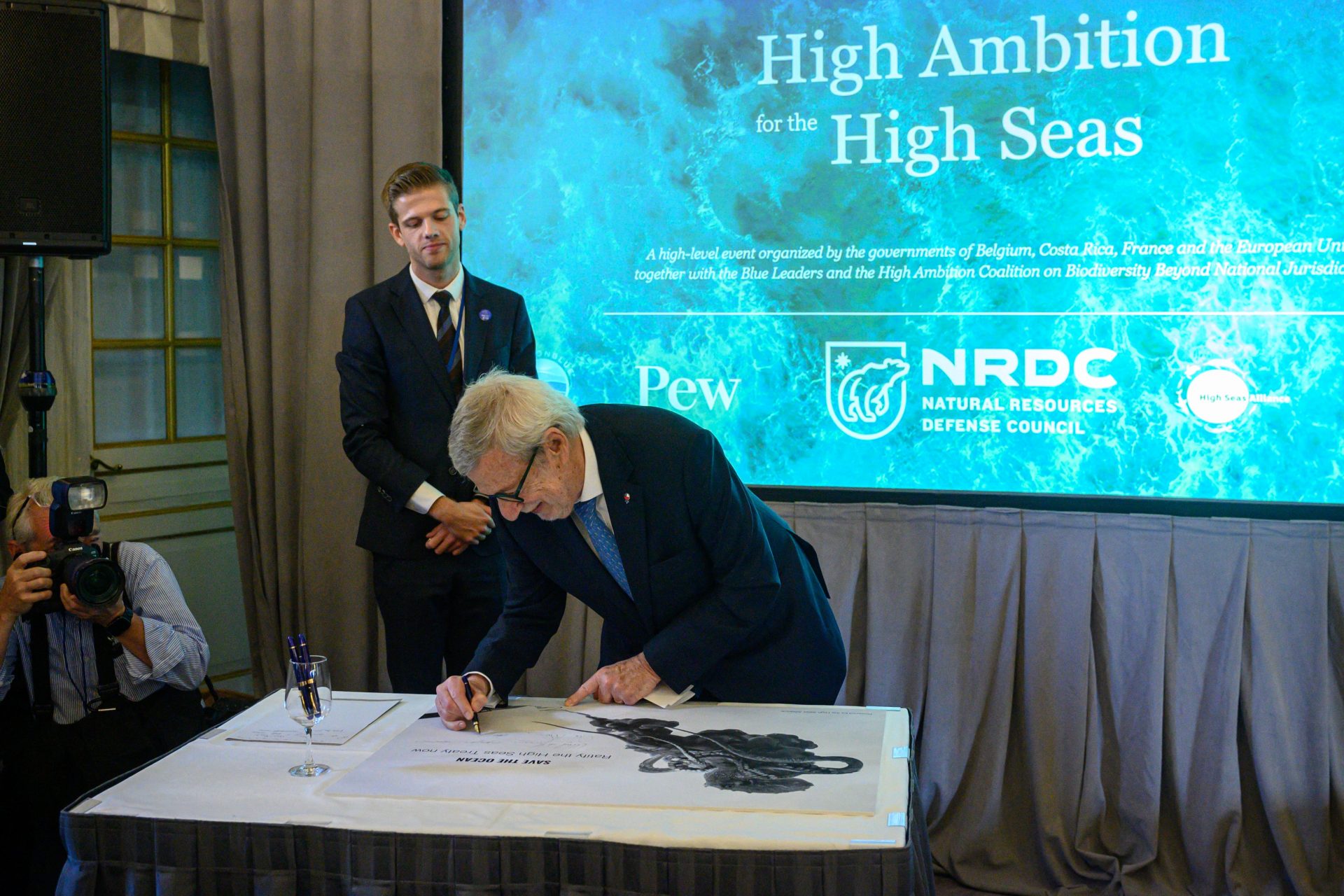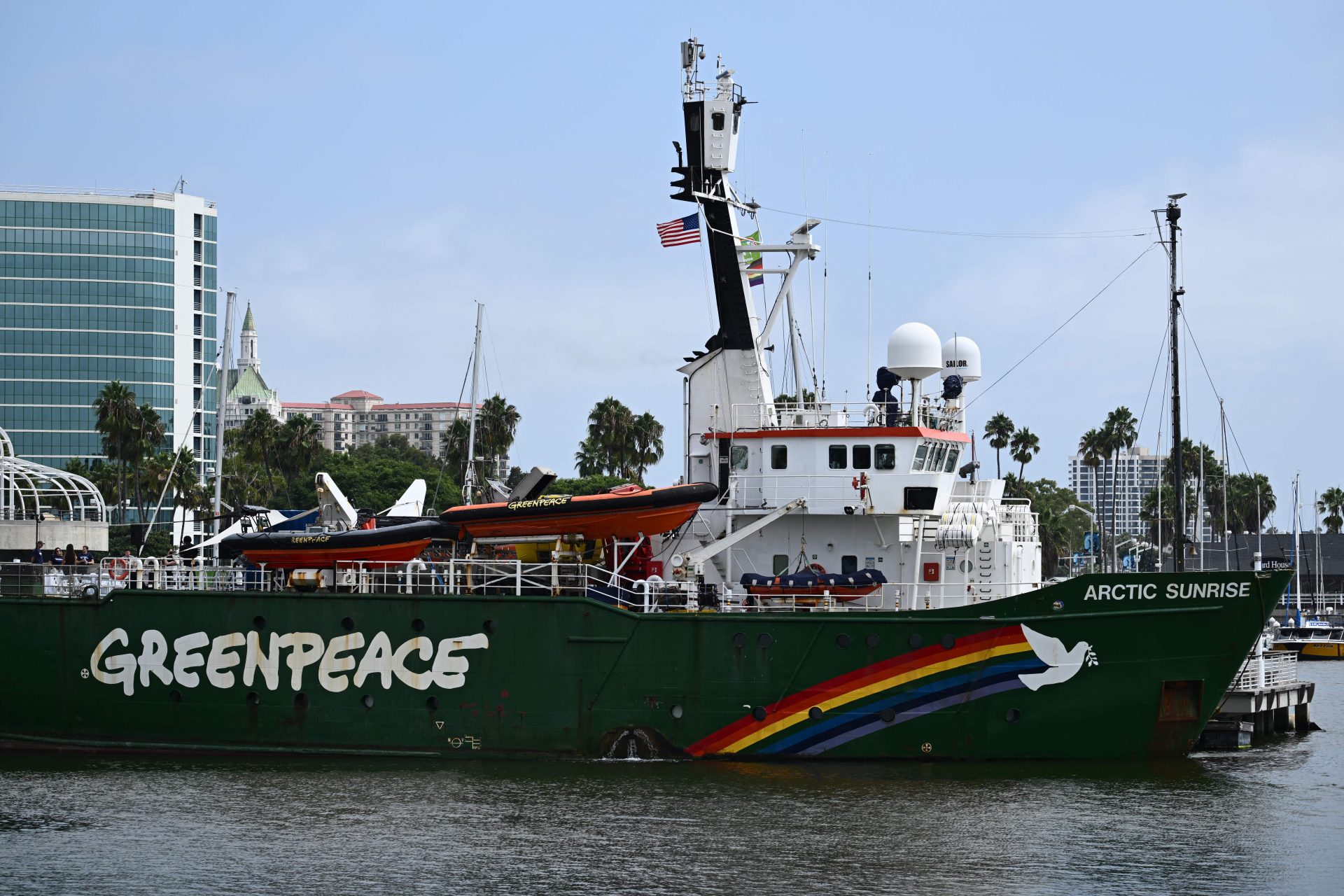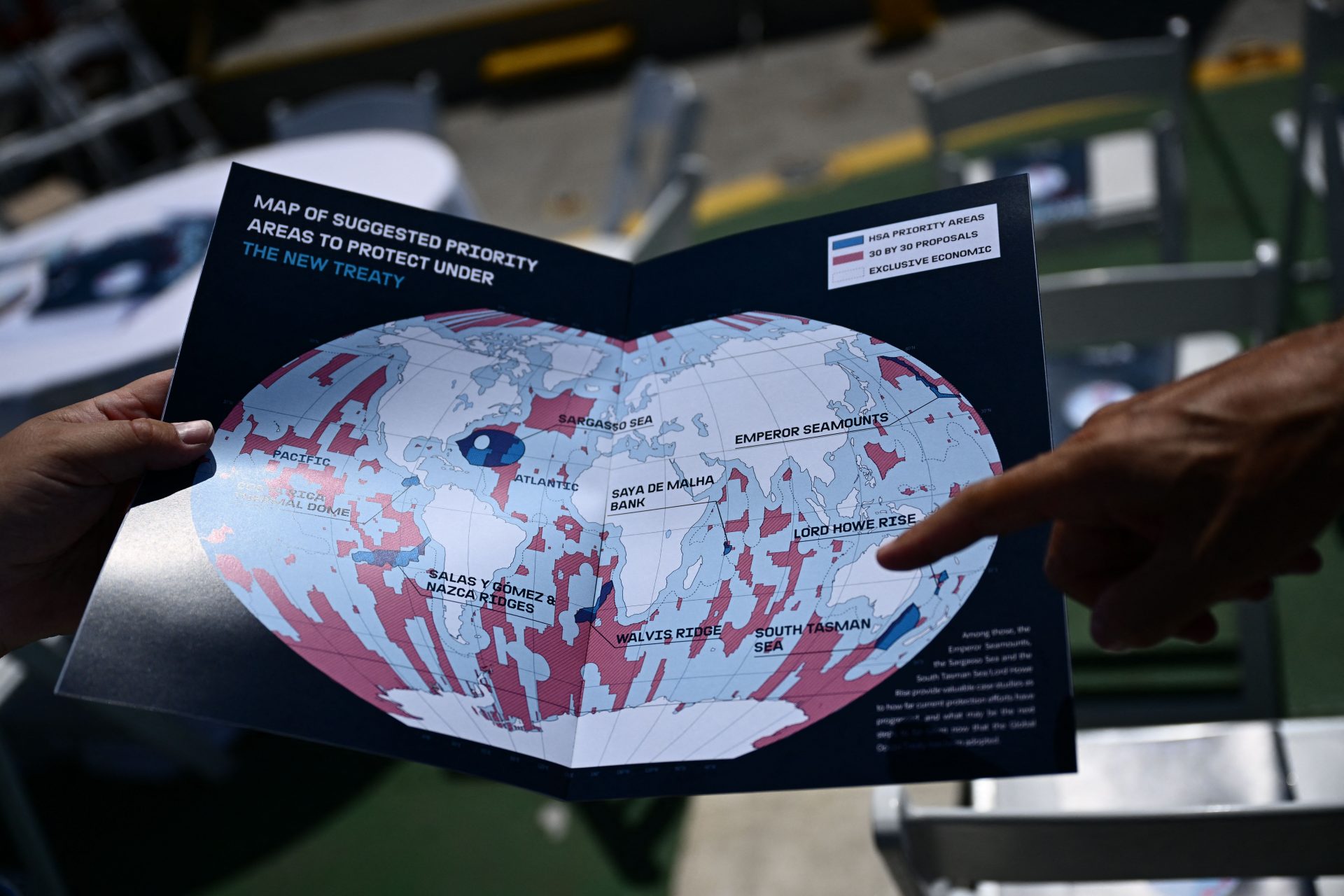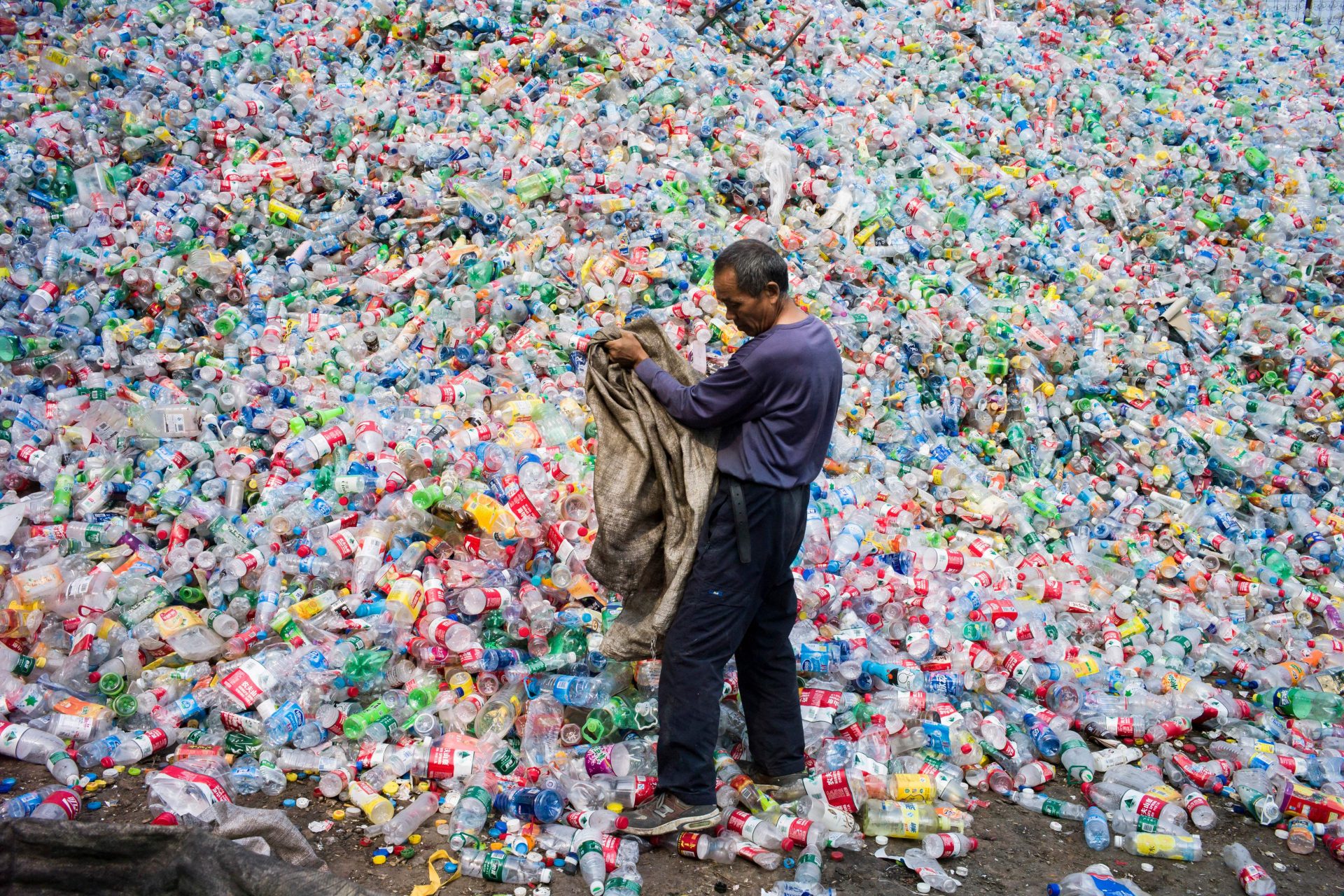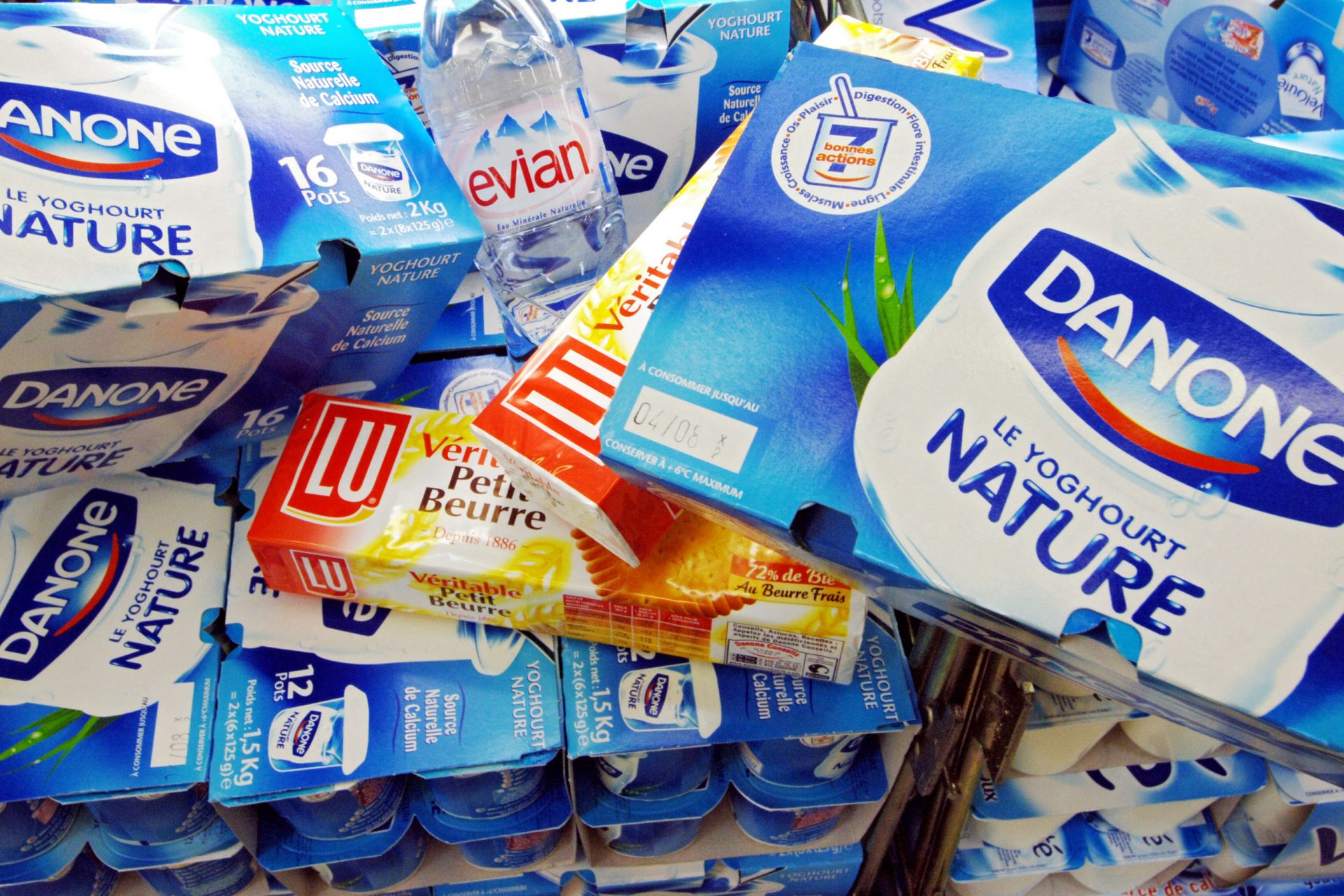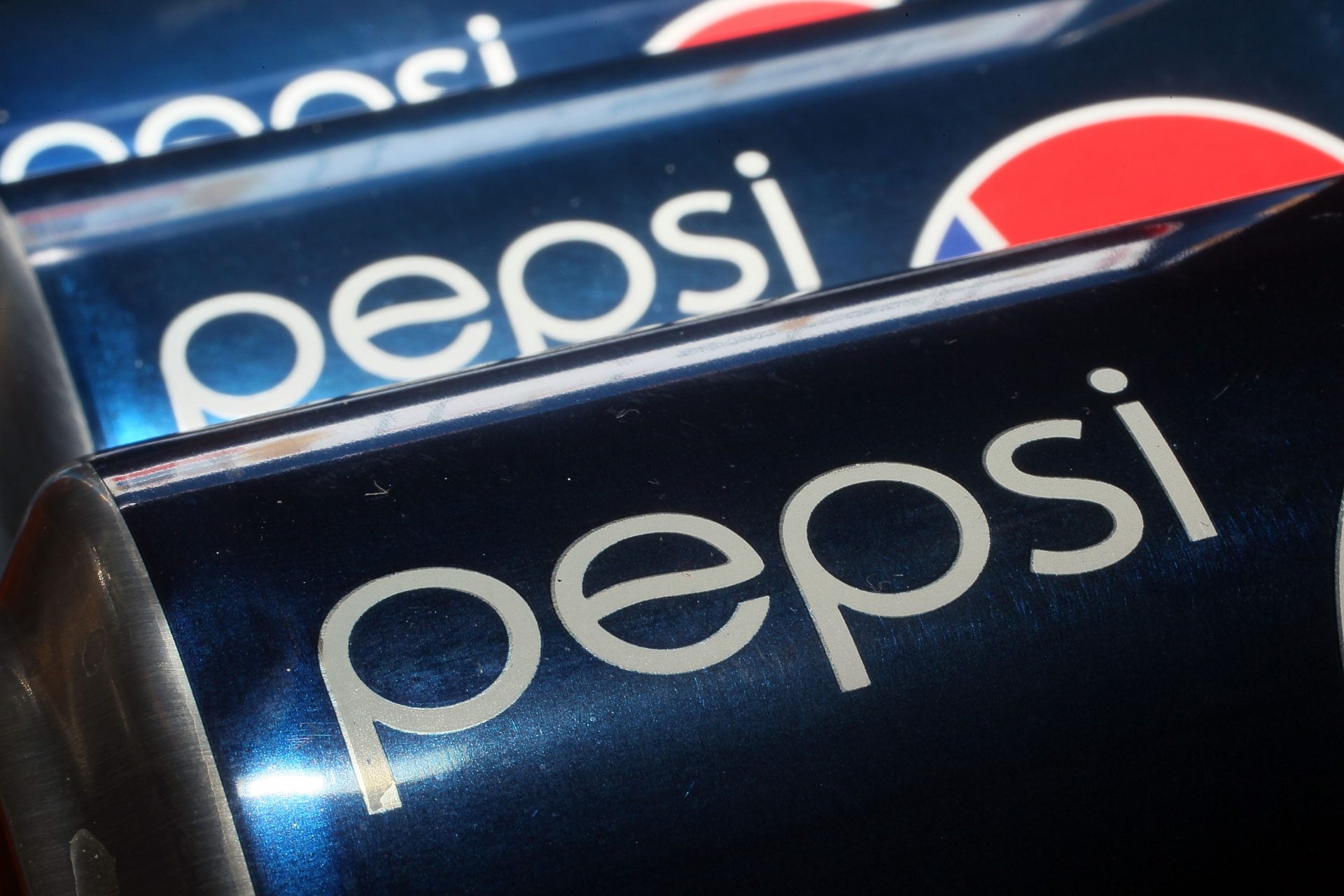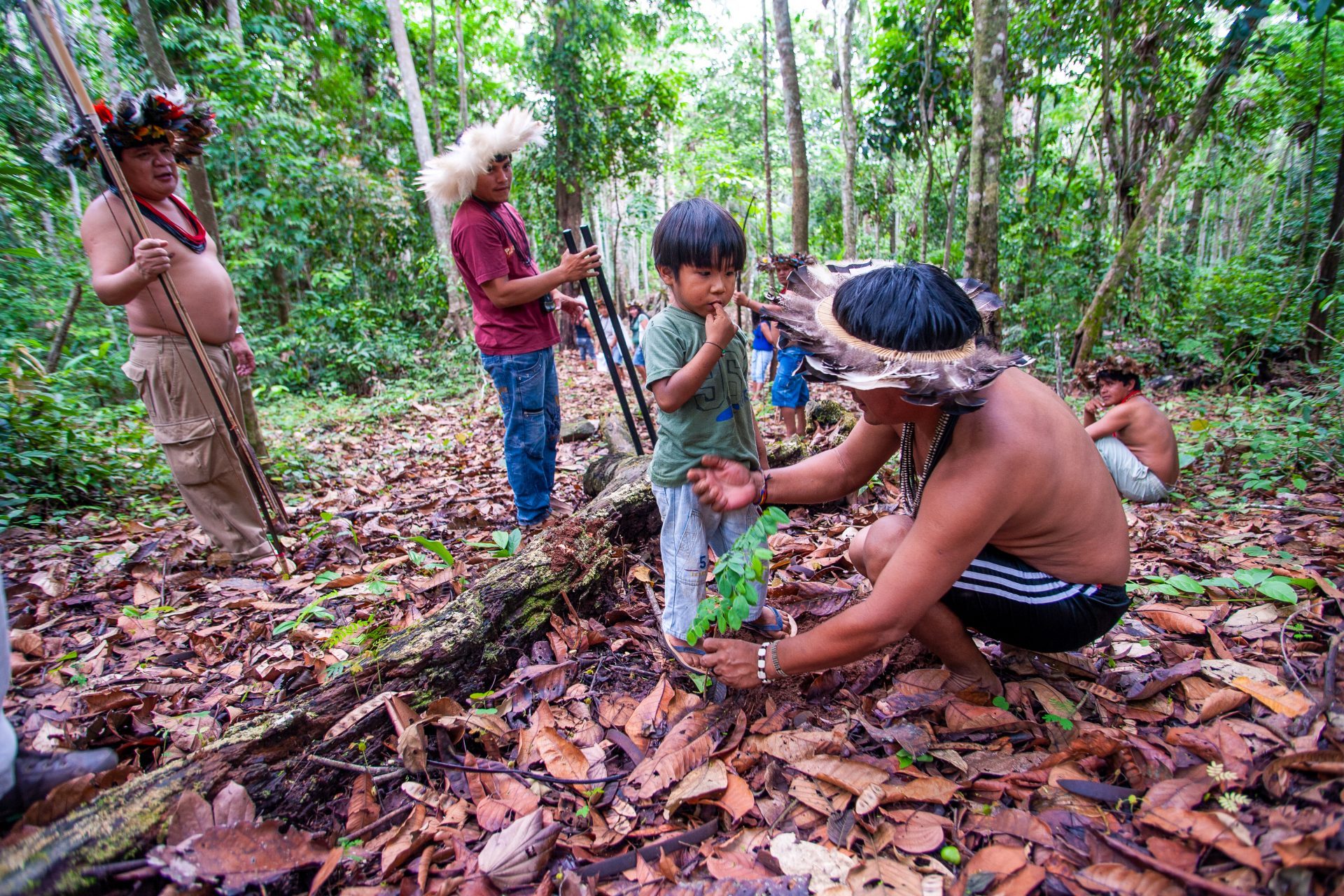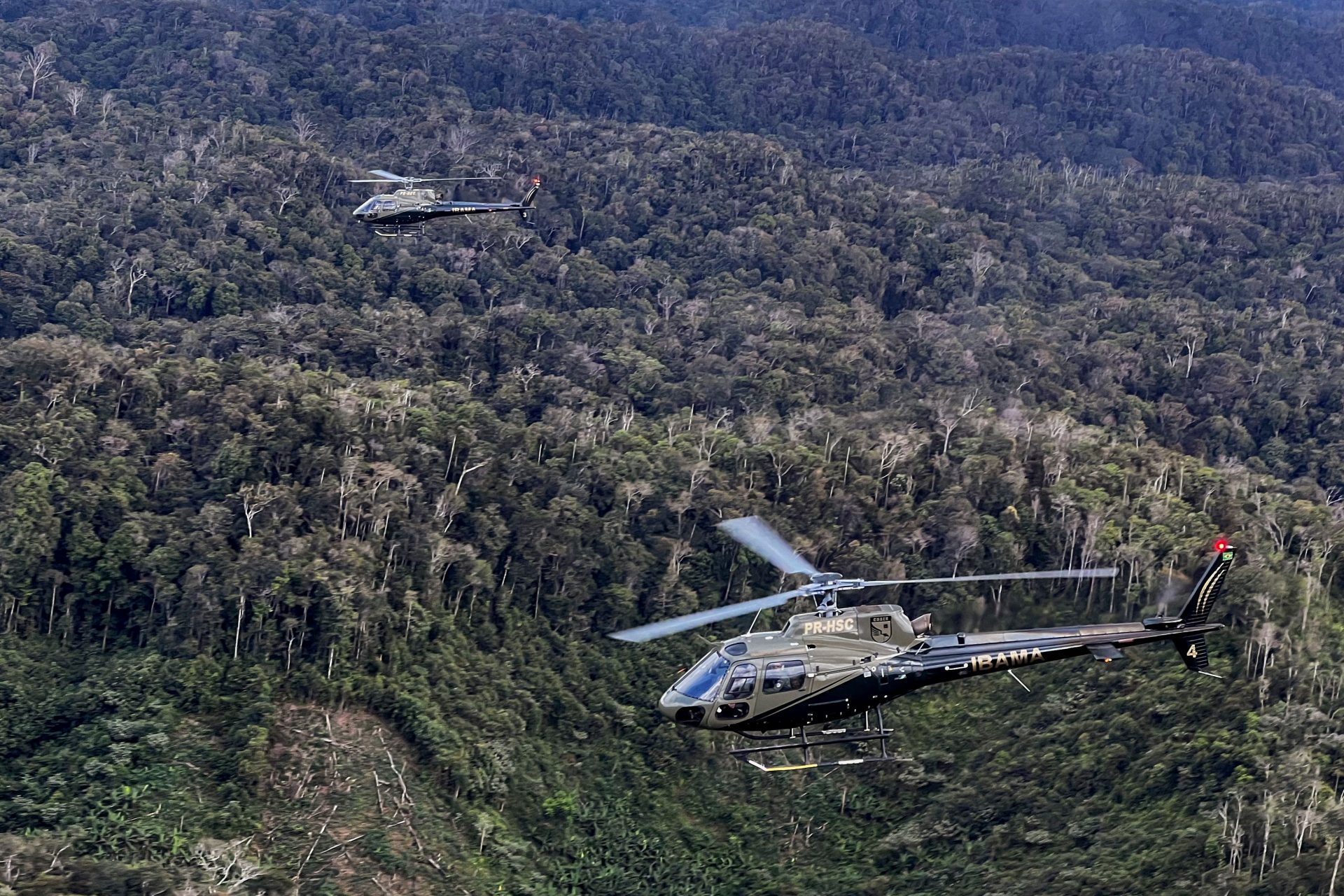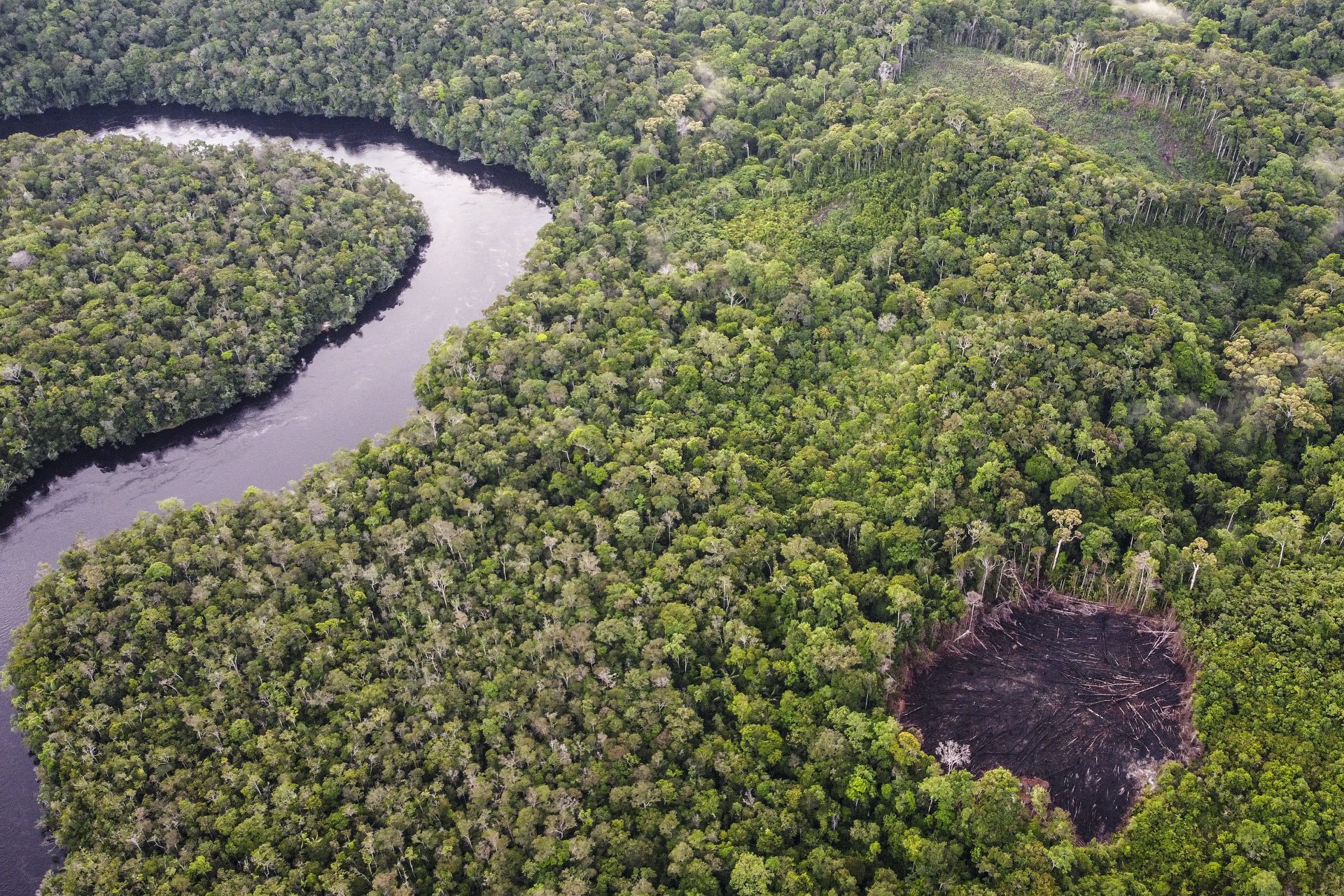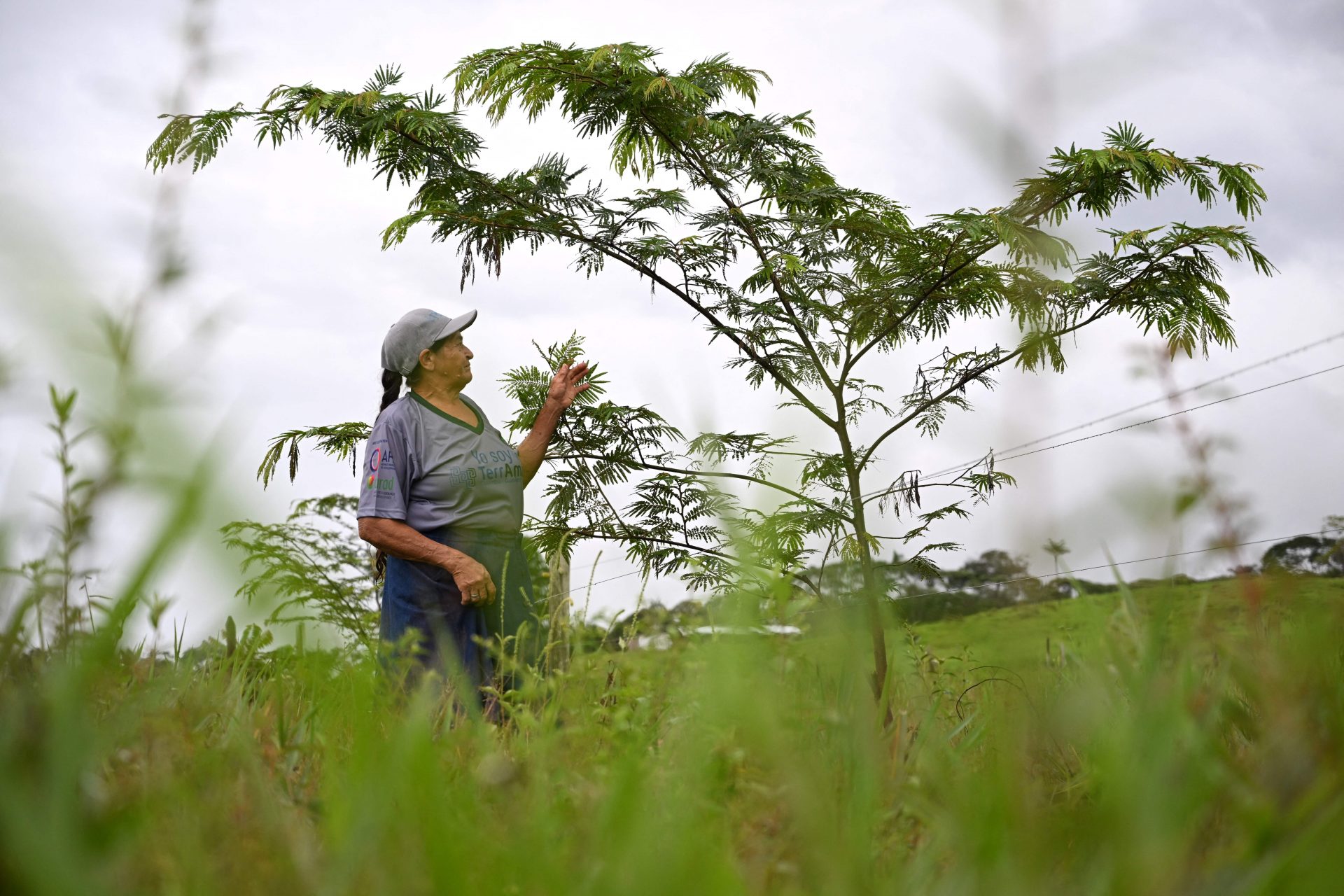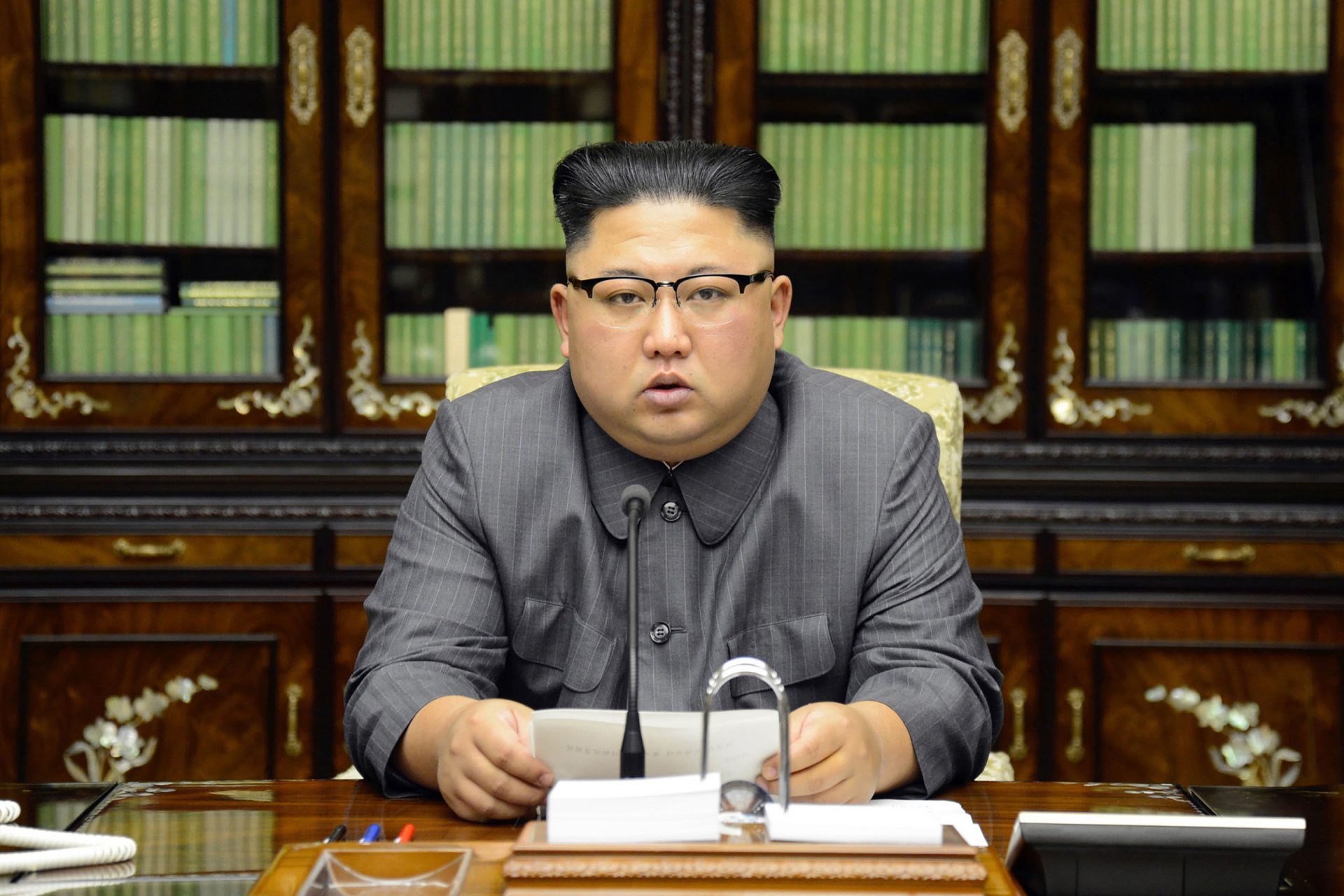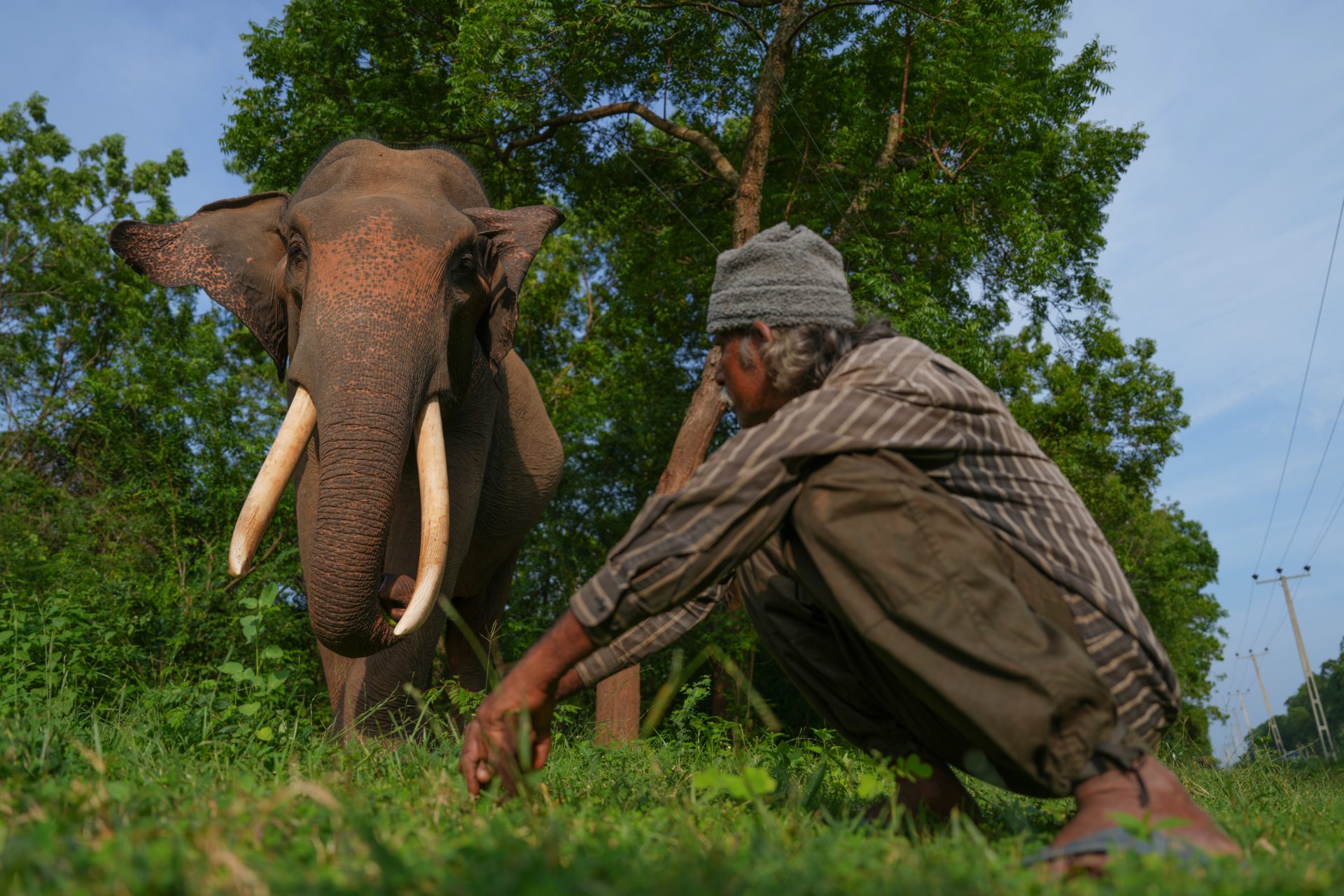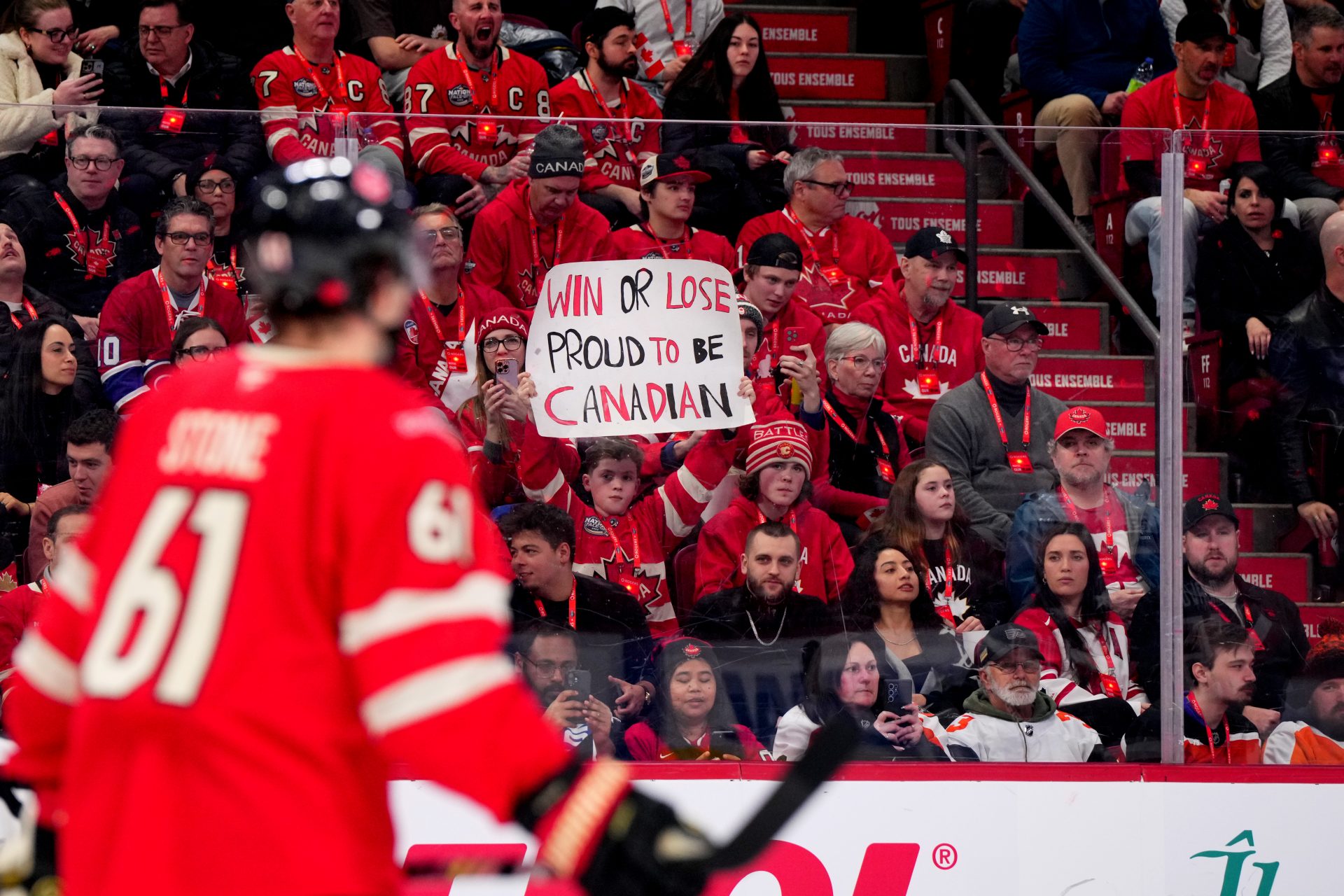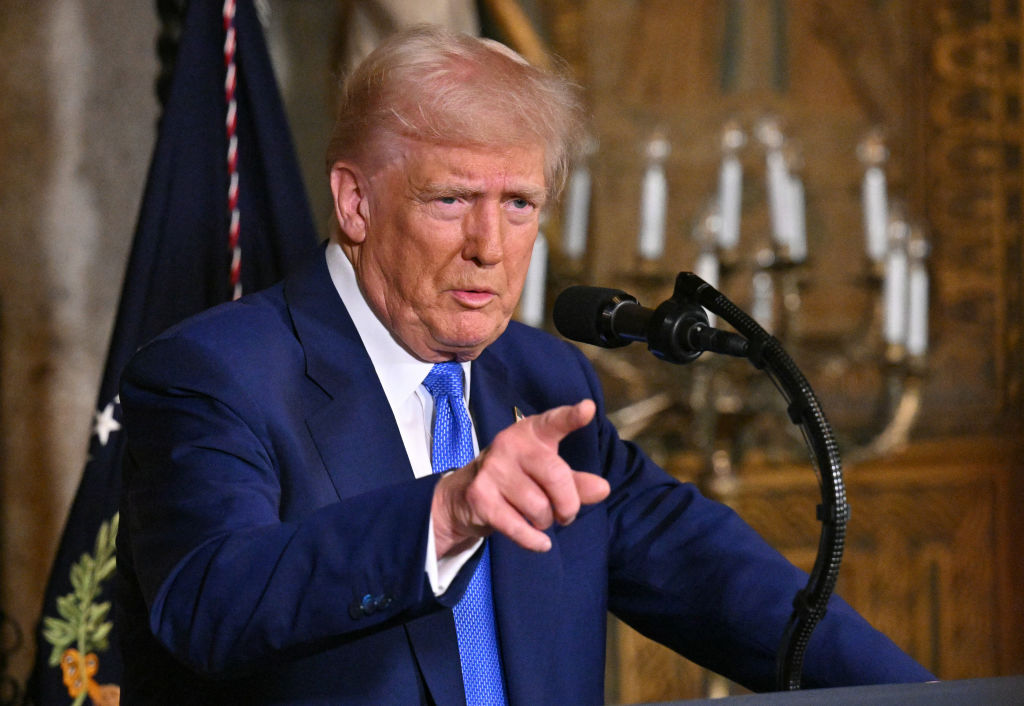6 impressive environmental advancements made in 2023
2023 has been a challenging year in many aspects, and sometimes, it seems like the news only focuses on the bad. But some pretty big steps, despite all the setbacks, were made over the past twelve months towards helping our planet.
In the face of growing environmental challenges, humanity made significant strides in 2023 towards a more sustainable future. Click on to read about six remarkable achievements humans made to help the environment.
The Inflation Reduction Act, passed in 2022 in the US, allocated $369 billion for initiatives addressing greenhouse gas emissions, supporting clean energy, and promoting electrification. Despite its unassuming name, it marked the most significant climate investment in US history.
Sir David King, the UK's former climate envoy, told the BBC that the bill, positioned under the emergency act to address inflation, indirectly tackles climate change due to political challenges in gaining support for direct climate action.
According to the BBC, since the act's passage, the private sector has committed over $110 billion for new clean energy manufacturing, with more than $70 billion designated for electric vehicles. Analysts suggest that the IRA's impact could result in a 43-48% reduction in US emissions by 2035 compared to 2005 levels, bringing the nation closer to its climate targets. The legislation may also contribute to renewable energy initiatives on tribal lands in Native American communities.
As reported by AtmosEarth, in October of 2023, a groundbreaking policy was approved in Europe: the Carbon Border Adjustment Mechanism.
Essentially, this new legislation aims to stop European companies from importing polluting products. Companies that import these products will be taxed for bringing these products into European Union territory.
Environmental scientist Paul Behrens, from the University of Leiden in the Netherlands, told AtmosEarth that he hopes the E.U.'s new policy will convince countries around the globe to put a price on carbon pollution, saying, "The [policy], I think, has one of the biggest potentials, as a single legislation, to really revolutionize the structures of global trade."
In 2022, the European Union reached a significant agreement to prohibit the importation of certain products, including coffee, cocoa, and soy, if they contribute to deforestation. According to France24, this law, which went into effect in June of 2023 and was designed to establish "deforestation-free supply chains" for the 27-member E.U., has been praised as groundbreaking by environmental groups such as Greenpeace and the World Wildlife Fund.
Under the new law, companies importing into the E.U. must ensure that their products are not sourced from land that experienced deforestation after December 31, 2020. Additionally, they must adhere to all the laws of the country of origin. The ban's scope includes palm oil, cattle, soy, coffee, cocoa, timber, rubber, and related products like beef, furniture, and chocolate.
The move comes in response to illegal production practices that have led to extensive deforestation in countries such as Brazil, Indonesia, Malaysia, Nigeria, the Democratic Republic of Congo, Ethiopia, Mexico, and Guatemala.
In 2023, a landmark treaty was established to safeguard the high seas, marking the culmination of decades of negotiations. According to France 24, nearly 70 countries signed the treaty in September 2023. Previously, only 1% of these international waters were protected.
Rena Lee, the president of the Intergovernmental Conference on Marine Biodiversity of Areas Beyond National Jurisdiction, declared in March that "the ship has reached the shore," signalling the successful conclusion of the negotiations, as reported by the BBC.
According to the United Nations, the High Seas Treaty establishes a framework for creating marine protected areas, representing a pivotal stride toward achieving the goal of safeguarding 30% of the world's oceans by 2030.
According to the OECD Global Plastics Outlook database, the global production of plastic waste, estimated at 460 million tonnes annually, sees approximately 22% of this waste improperly disposed of in uncontrolled dumpsites, open burn pits, or released into terrestrial and aquatic environments.
Amidst a growing backlash against single-use plastics, the United Nations Environment Assembly initiated negotiations in 2022 for a Global Plastics Treaty to address the pervasive issue of plastic pollution. The goal is to have the treaty in place by the end of 2024, although progress has been limited thus far. In response to the slow international efforts, individuals are turning to new legal avenues, suing plastics manufacturers for damages.
In early 2023, Danone, the company behind popular brands like Evian, Activia, and Volvic, and PepsiCo, a major player in the food industry with products such as Pepsi and Doritos, faced legal challenges related to plastic pollution.
According to the website ClientEarth, Danone was confronted by three environmental groups, expressed surprise and strongly refuted the accusations. The company emphasized its commitment to reducing plastic usage through various initiatives, including developing reusable options, strengthening collection and recycling schemes, and exploring alternative materials. Simultaneously, New York state took legal action against PepsiCo for alleged plastic pollution causing harm to water quality and wildlife in Buffalo River.
2023 saw terrific news for the Amazon rainforest in Brazil. According to The New York Times, Brazil's National Institute of Space Research announced in November that deforestation in the Amazon rainforest in Brazil fell to a five-year low.
The Brazilian government has pledged to put a stop to deforestation in the country by 2030 and, in the meantime, is cracking down on illegal logging and other criminal activities that harm the rainforest.
Furthermore, in Colombia, where a tenth of the rainforest is located, deforestation dropped by 70% in the first nine months of 2023, as reported by The New York Times.
Marielos Peña-Claros, a professor in forest ecology and forest management at Wageningen University in the Netherlands and co-chair of the Science Panel for the Amazon network, told the BBC that the improvement was the result of the Colombian government's approach, which "includes not only monitoring and fines but also alternatives of production."
More for you
Top Stories



